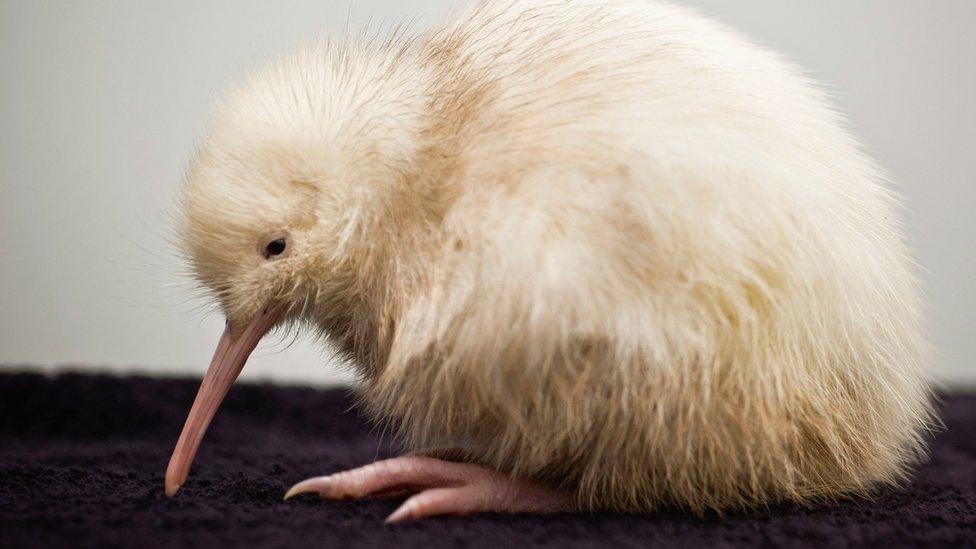'Kiwi' nickname not discriminatory, Australian tribunal finds
- Published

The term "Kiwi" is derived from the name of a New Zealand bird
A New Zealand woman has unsuccessfully argued that she was a victim of racial discrimination after being labelled a "Kiwi" by her colleagues in Australia.
Julie Savage said she was disrespected when her boss and co-workers referred to her as "Kiwi" instead of her name.
However an Australian tribunal ruled that she had not suffered unfair treatment or discrimination at work.
A judge noted that the term was commonly used by New Zealanders themselves.
"Calling a New Zealander a 'Kiwi' is not of itself offensive. 'Kiwi' is not an insult," said Judge Leonie Farrell.
She added that the word was often viewed as a "term of endearment".
It is derived from the name of a flightless bird native to the country.

You might also be interested in:

Ms Savage said the issue had prompted her to resign from her job as a supervisor at Vili's Cakes, a bakery in Adelaide, in 2016.
She later lodged a complaint with the South Australian Employment Tribunal.
But it found no evidence that discrimination laws had been violated.
"[She] did not allege that she suffered unfavourable treatment in respect of the terms of her employment, lack of progression or segregation," Ms Farrell said.
"At its core [her complaint] is not about racism."
The bakery's owner, Vili Milisits, told local media that the "right outcome" had been reached.
- Published14 May 2018

- Published13 September 2018

- Published27 July 2018
